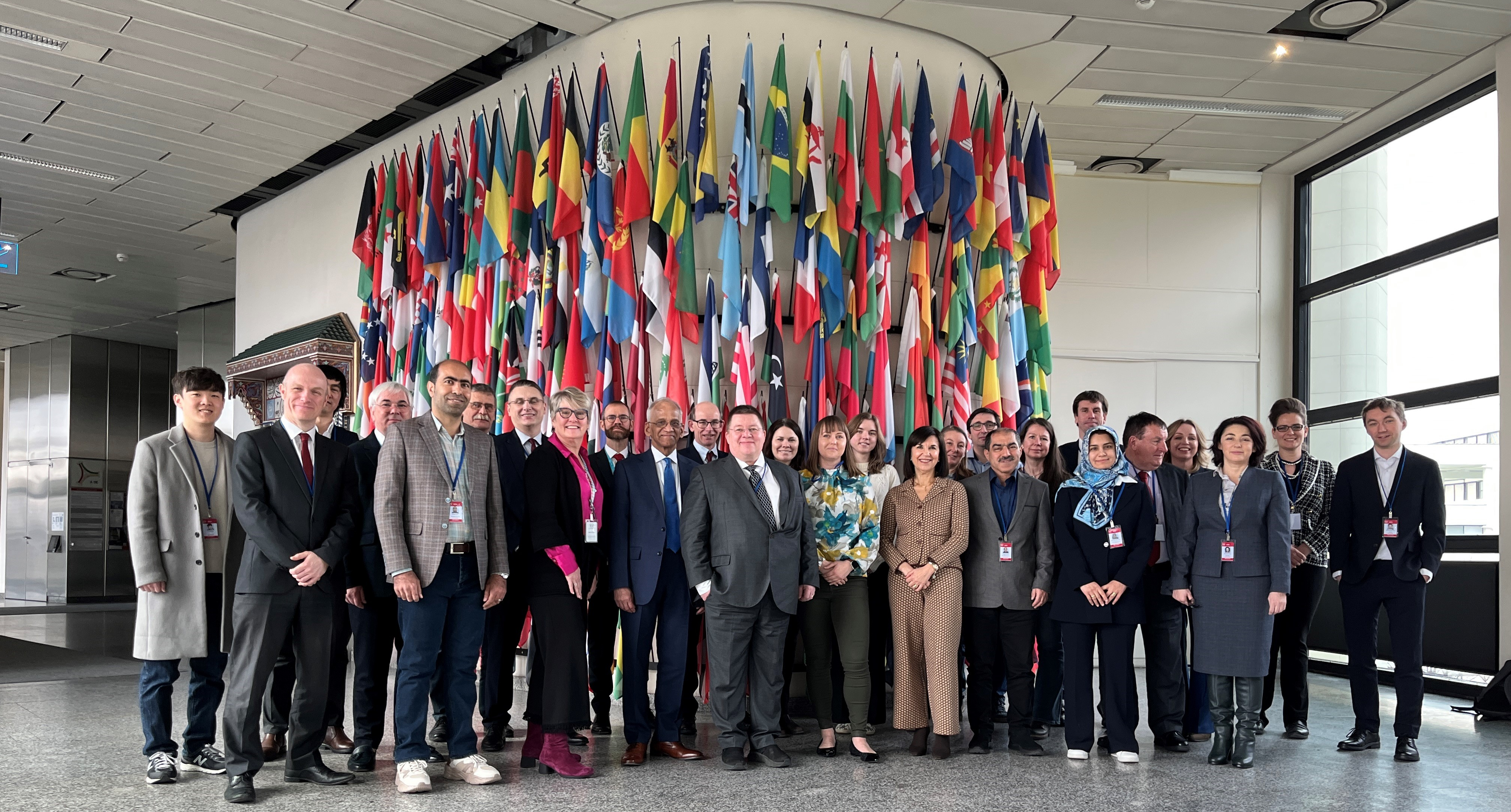
There is a great interest in the development of Small Modular Reactors (SMRs) due to numerous drivers, including the need of many Member States for affordable, low carbon electricity sources. The IAEA booklet “Advances in Small Modular Reactor Technology Developments” 2024 edition list 68 different reactor designs currently in varying stages of development. These concepts and designs include a host of new fuel materials, fuel forms and cladding materials, resulting in new spent fuel types for which a back-end solution will need to be developed for their successful management.
While many of the designs are novel, there is a wealth of experience in the management of non-standard and exotic legacy fuels from earlier power development programmes. These are fuels that have been irradiated in research, experimental test and demonstration reactors, or are prototype assemblies used in commercial reactors, that have required bespoke management compared to standard commercial spent fuel inventories.
Experiences of the management of such fuels would be useful knowledge from which to incorporate into development programmes required to underpin the spent fuel management pathways for innovative SMR and advanced reactor fuels. Given that much of this knowledge was generated in the early days of commercial nuclear power through to the 1980s, it is timely to begin its collation before further intrinsic knowledge of the management of such fuels is lost.
The main objective of the event is to prepare an IAEA Technical Document on Operating Experience and Lessons Learned on Managing Non-Standard/Exotic Legacy Power and Research Reactor Spent Fuels, that can be utilized by Member States to support strategic decision making for managing non- standard/exotic spent fuels.
Objectives
The purpose of the event is to share technical information, operational experiences and lessons learned on the management of spent non-standard and exotic fuels from power and research reactors, gathered in an IAEA technical document that can be utilized by Member States to support strategic decision making for managing existing and future non-standard/exotic fuels (e.g. SMRs).
